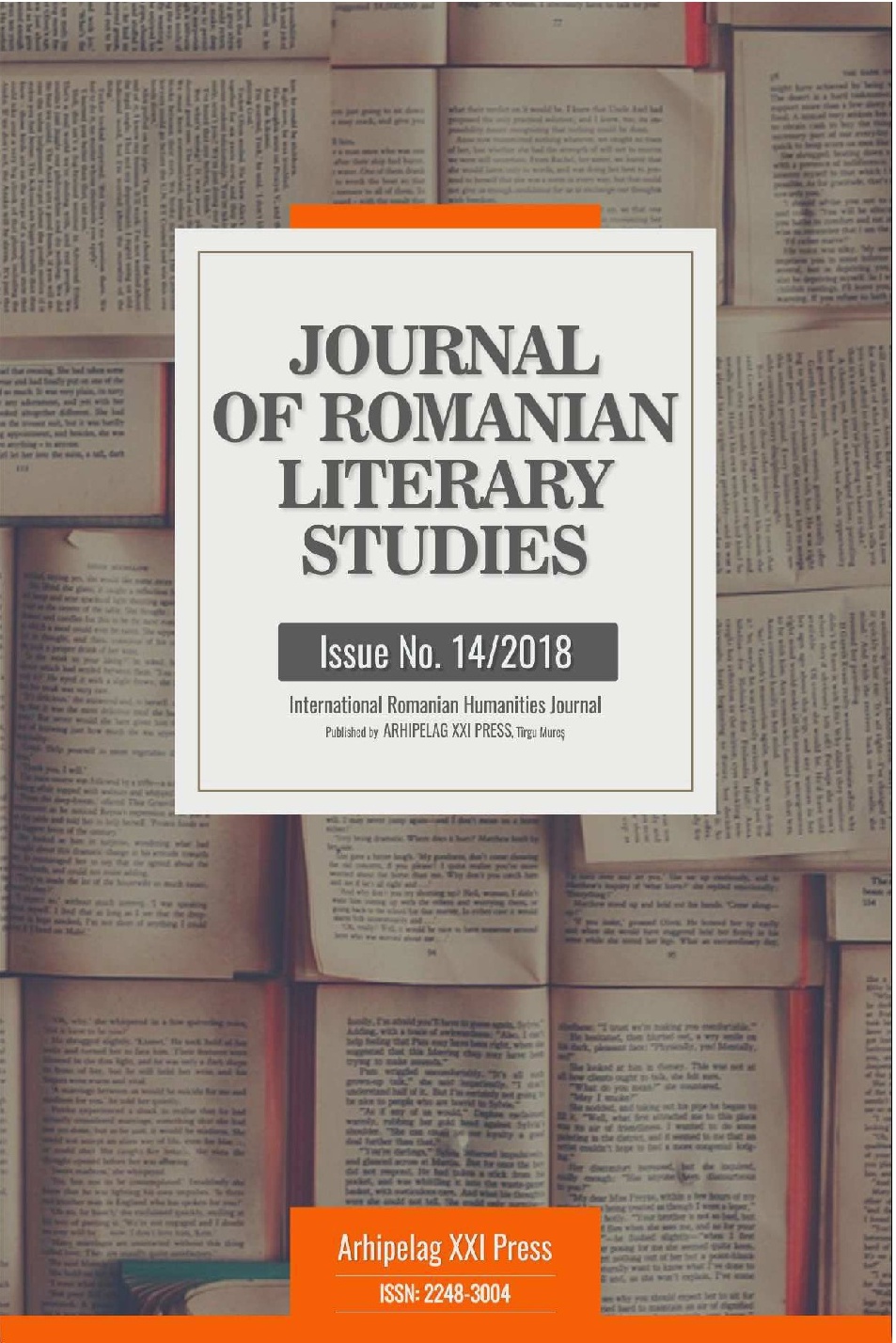THE ’80 GENERATION
THE ’80 GENERATION
Author(s): Alexandra ZotescuSubject(s): Romanian Literature, Post-War period (1950 - 1989), History of Communism, Theory of Literature
Published by: Editura Arhipelag XXI
Keywords: protochronism; socialist realism; censorship; repression; cultural resistance;
Summary/Abstract: This study defines the main features of the Romanian literature during the last decade of communism, under Nicolae Ceauşescu leading, which also represented the Romanian protochronism By using an extensive process of remodelling the tradition, the regime reclaimed the authenticity of the Romanian culture in order to underline the breaking up with the soviet policy and the end of the proletcultism period. The protochronism was based on the nationalist speech of the regime and, as the future was dark, two major themes were retrieved: the past, through the heroic history, and the autochtonous values. In this way, the state assumed the role of the successor of the glorious past and supreme defender of all national values. Among the productions of the '80s, the most appreciated authors were those who debated the relationship between man and society, the everyday universe, the complex of spiritual meanings values that interfered with, and customized the socialist consciousness and the beauties of the environment. Under these circumstances, the literature of this closed group, named The ’80 Generation, appeared as a form of cultural resistance against the regime. They created a different type of literature, addressed to competent, advised readers, using strategies as the intertextuality, the irony, the parody or the ambiguity. They proposed a new vision of the world, so their work became a link between the outer reality, the socialist actuality, and the inner reality of the author, as an escape from the more and more degraded life.
Journal: Journal of Romanian Literary Studies
- Issue Year: 2018
- Issue No: 14
- Page Range: 438-446
- Page Count: 9
- Language: Romanian

